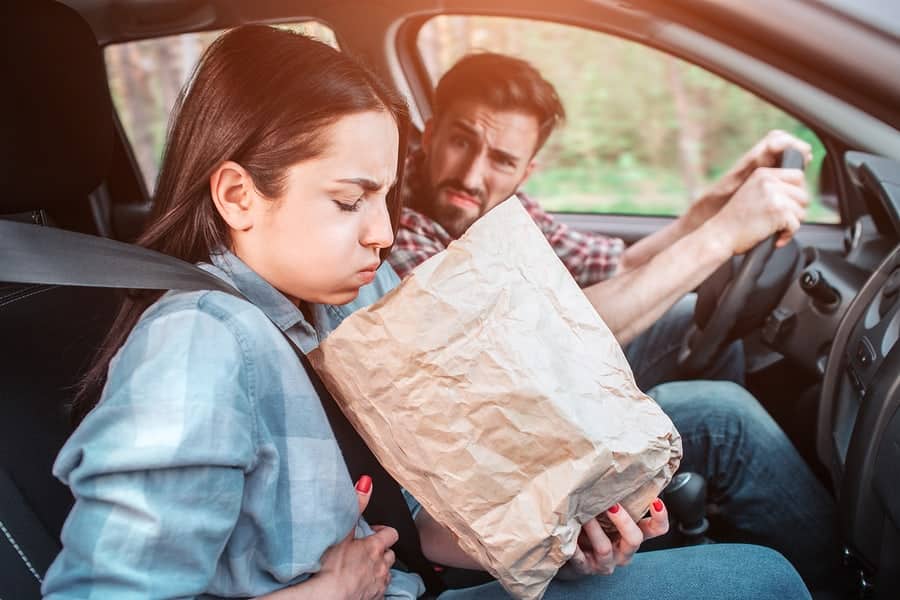
Travel sickness is real. Although it is more present in children and the elderly, it can strike anyone and turn a journey into a real ordeal.
Travel sickness is a kind of motion sickness. It is caused when the car creates motion, which could be when the driver turns or simply moves down even a straight road. This triggers the fluid in inner ear to send confusing messages to the brain which doesn’t match with the signals coming from the eyes.
This can cause sickness, nausea and vomiting. But with a little forward planning it can be avoided and kept at bay during even the longest travel ventures.
How to Prevent Travel Sickness
Prevention is the best form of cure, and with travel sickness there are a number of steps you can take to stop this ailment in its tracks. Consider some of the following to stave off attacks:
Careful and considered eating
- Avoid heavy meals before setting out for travel and watch out for fatty foods or tastes that can linger such as spicy or acidic foods.
- Stick to simple, dry starchy high carb fare such as crackers or cereal with low fat milk
- Skip food entirely when it comes to the shorter journeys
- Eat a light meal 45-60 minutes before setting off on longer journeys and if necessary take snacks like baked biscuits or low-fat savoury crisps.
Drinking the right fluids
- Sips of cold water, cola and ginger ale can help keep the stomach level
- Avoid alcohol both before and during the journey as this can increase feelings of nausea
- Make sure you don’t get drunk the night before as this will leave you dehydrated and prone to sickness
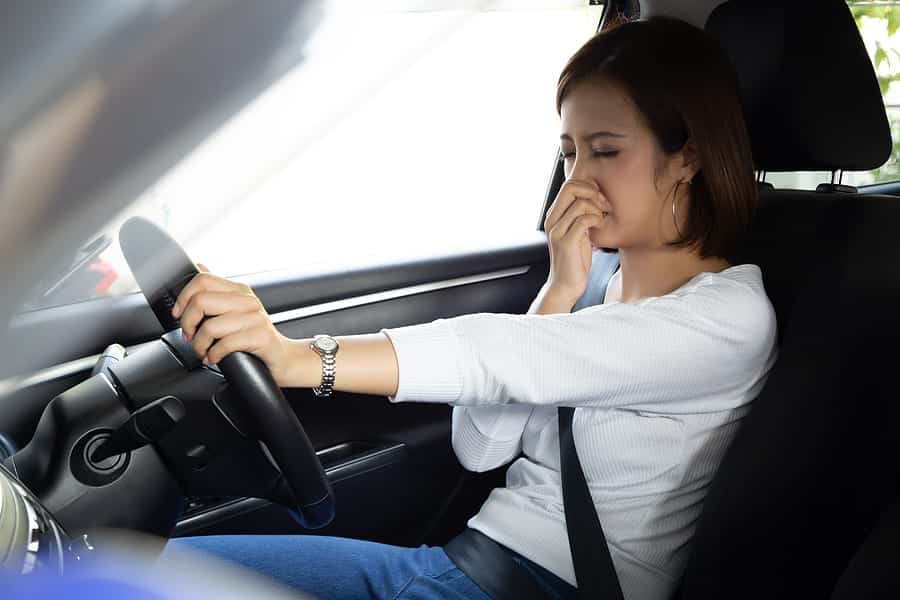
Smells and odours
- Try to avoid strong odours. Make sure other passengers in the car are not eating smelly or greasy food that could spark an incident.
- Get rid of the pungent artificial smelling air freshener in the car as the chemical smells, especially if sweet can trigger sickness.
- Fill up the car before a journey to avoid the lingering scent of petrol or diesel fumes.
Visual stimulation
- Try to keep focused on a fixed object in the horizon rather than changing the object of your vision from moving car to moving car.
- Avoid activities that require you to focus on a fixed point in the car, such as books, watching films or looking at tablets or phones. This causes your eyes to concentrate on a fixed point whilst your brain still receives messages of movement from the ear.
- If you do start feeling sick it can help to close your eyes and keep them closed. This prevents positional signals.
- Falling asleep and blanking out the entire journey can be entirely preferable.
Breathing and air circulation
- Fresh air is better than recirculated air, so if you do start feeling sick open the window or take a break from the road.
- Ideally you can plan some stops on your journey allowing you to reset, stretch your legs and get some fresh air.
Distraction
- If you have kids then games and songs can help ward off the dreaded travel bug. Wheels on the bus, we’re all going to the zoo and other classics can help keep little minds occupied and free from sickness.
Seating can help you out
- Sitting in the front seat allows the eyes to focus on the horizon and on fixed objects in the distance, whilst sitting in the back, especially on either side forces you to look at cars or to keep refocusing on fixed items, which can make your eyes reposition.
- Offer to do the driving as it forces you to keep your eyes on the horizon and movement as described above.
Medication to quell symptoms
- Our friend ginger can help here. Use a tablet, suck a ginger twist or even eat a ginger biscuit to fight off nausea.
- Acupressure wrist bands can help but are often a bit hit and miss. Some people respond very well others, not so good.
- Nux vom homeopathic remedies are the solution of choice for some people
- For something a little more medicinal, try Dramamine for children older than 2 years or Benadryl patches for children over 6. If you have persistent problems a prescription may help.
What Happens If You Get Travel Sickness?
Don’t drink for around 10-20 minutes or it could bring the sickness back although tiny sips of cold water, coke or ginger ale could help take the nausea away. Once you reach your destination, try small carbohydrate snacks, tiny sips of water are good and if you can go to sleep, this can often be a great way to lose that final sick feeling.
And Finally…
Don’t let travel sickness dictate your life and driving. Ensure that you take all the right steps and you can avoid letting this persistent problem rule your time on the road.




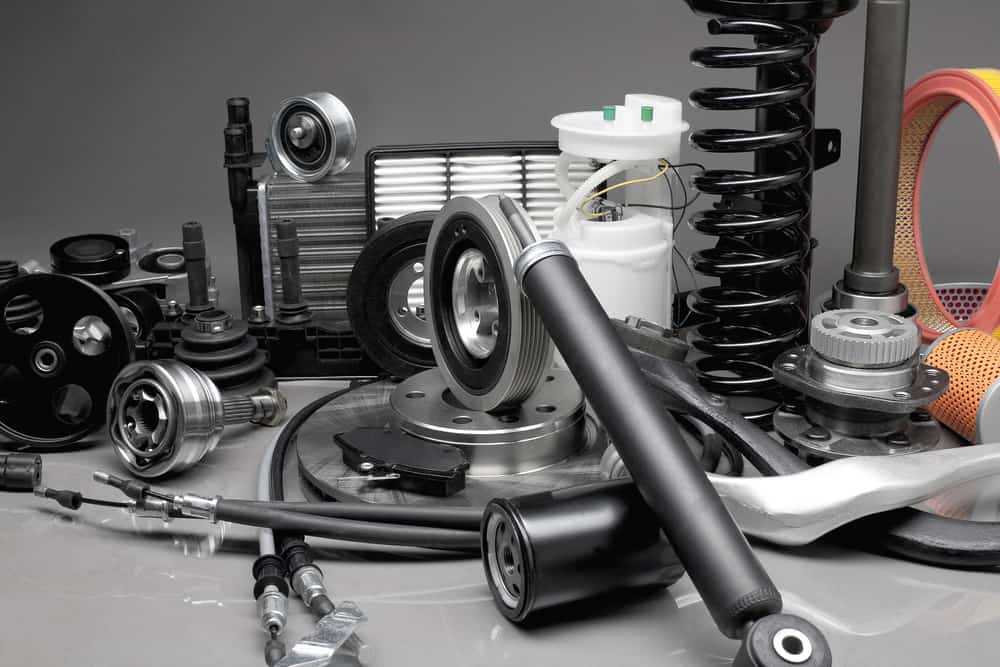
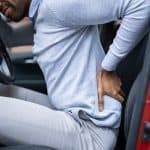

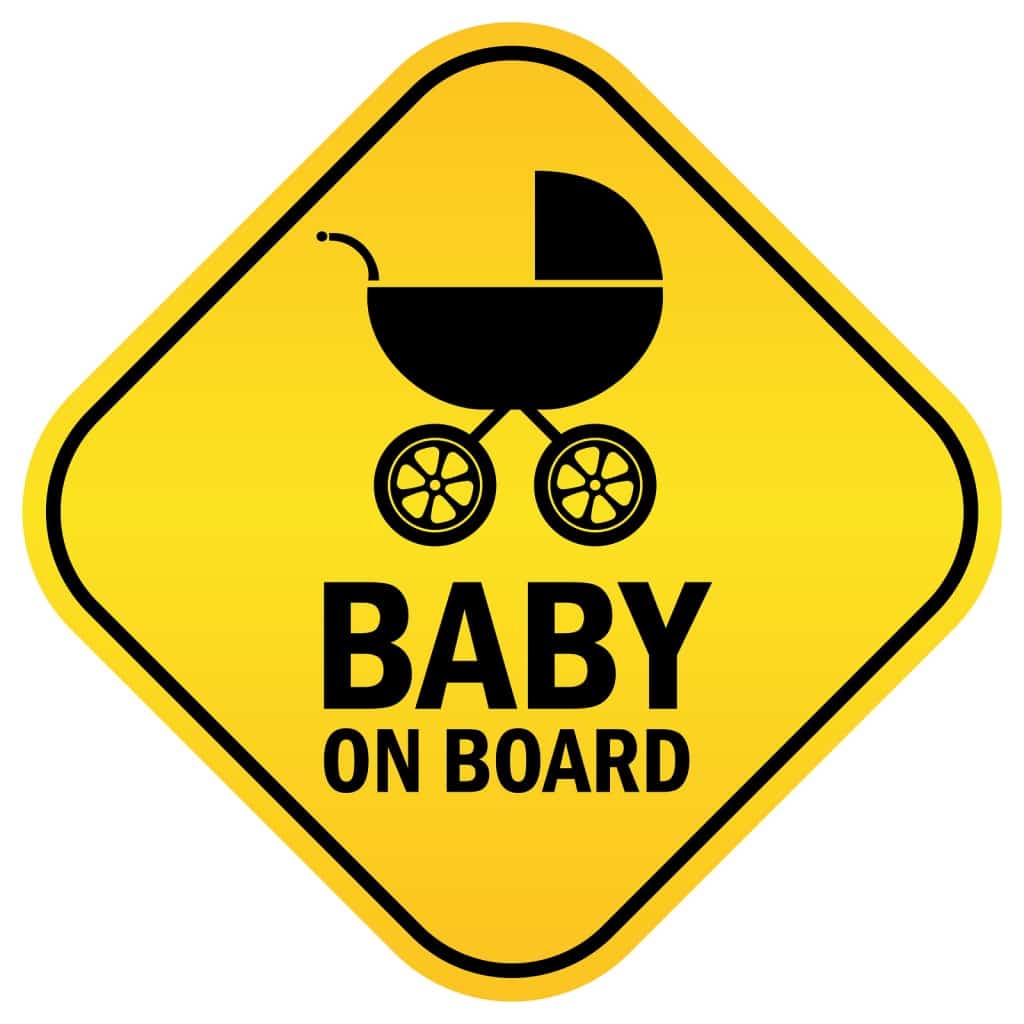

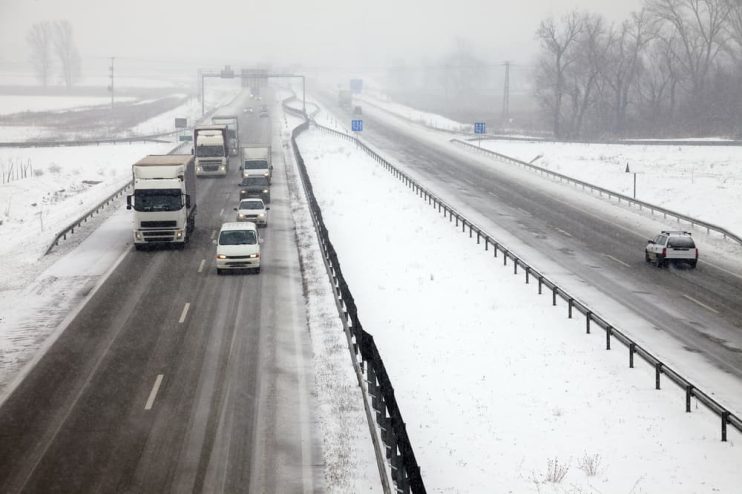
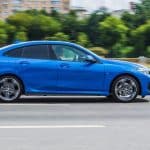


.png)